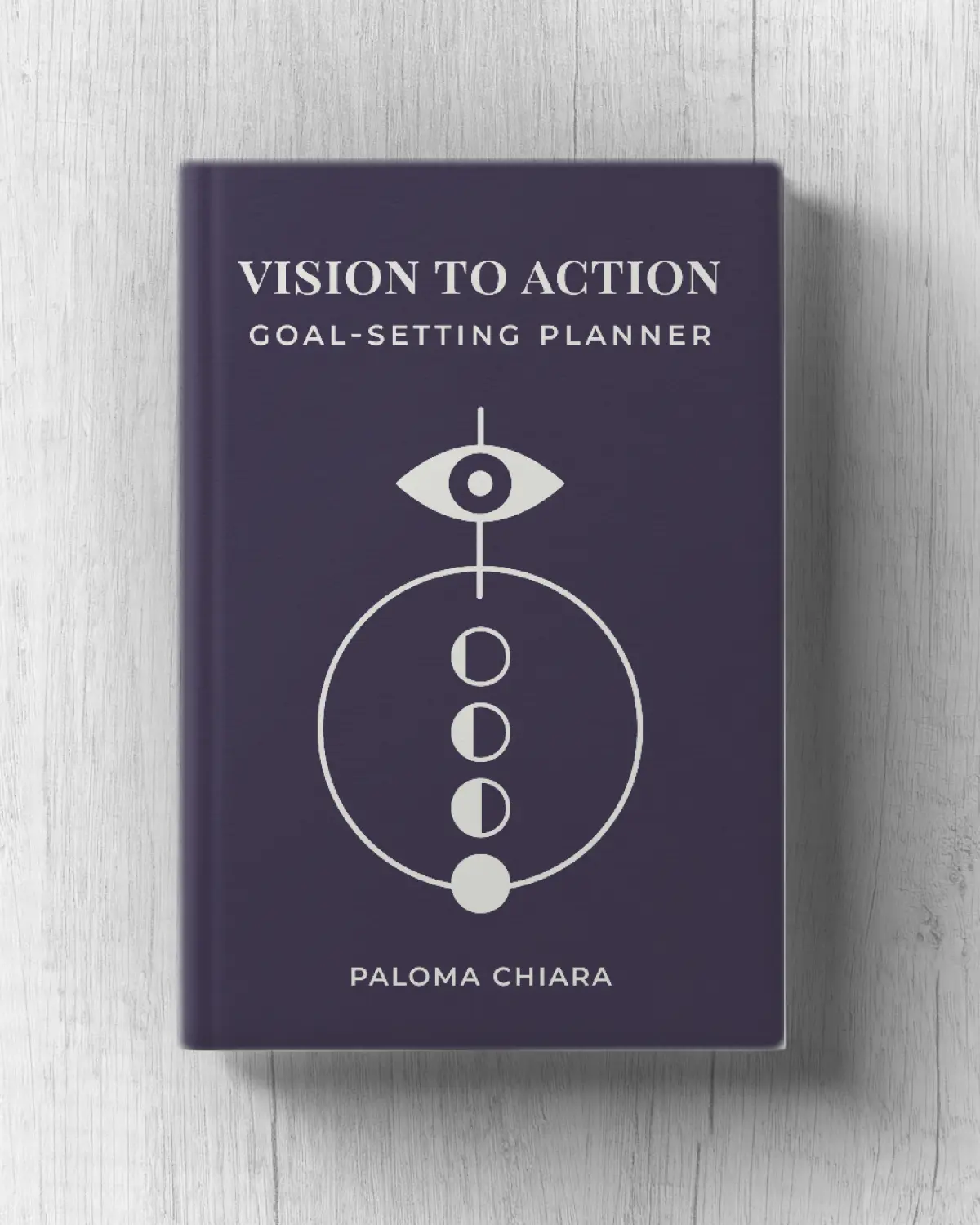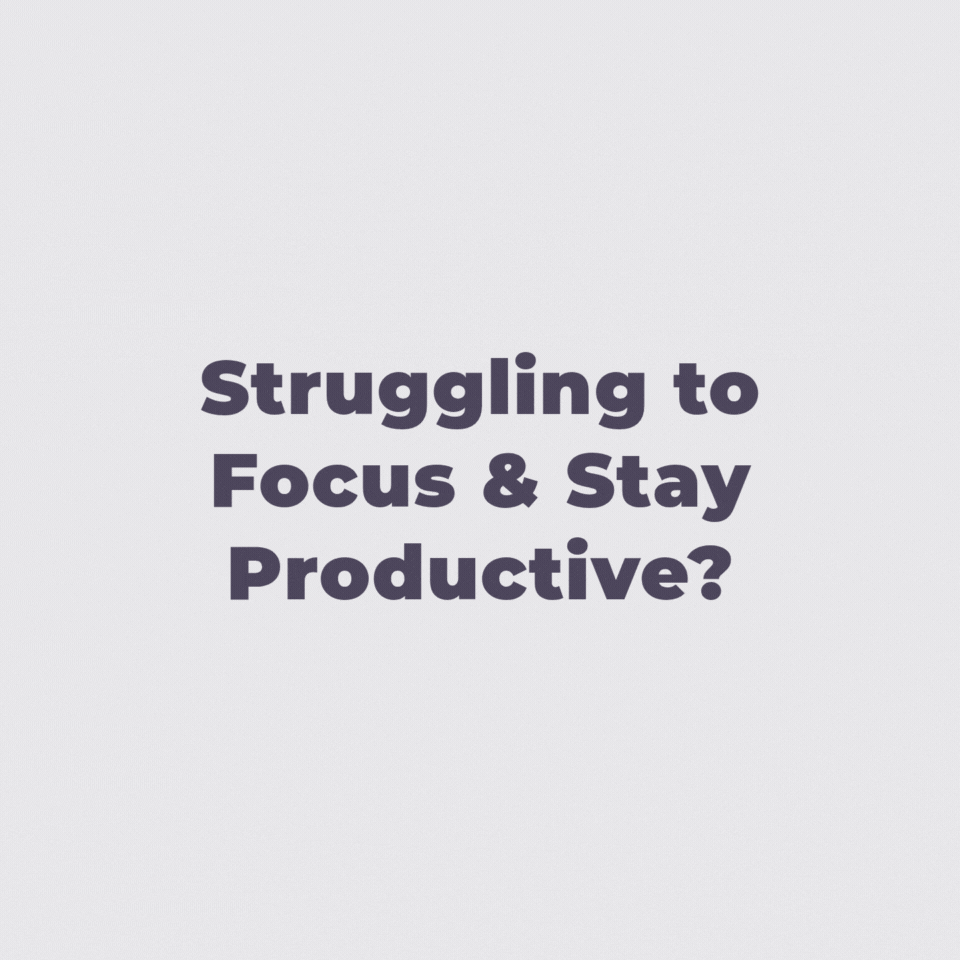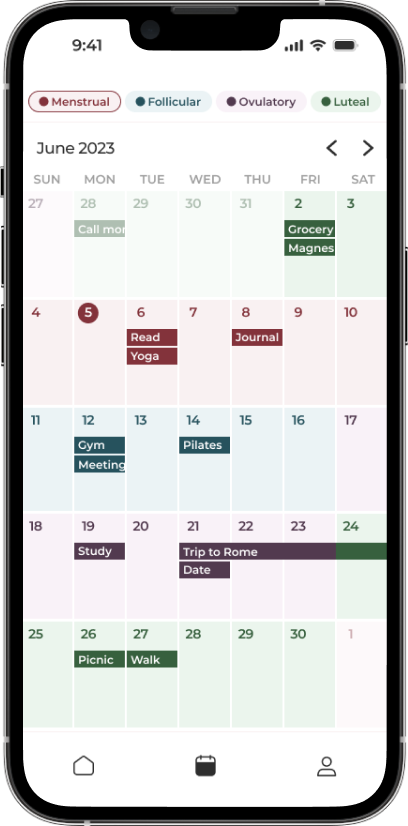Can You Life Coach Yourself?

In a world where self-help resources and personal development tools are abundant, the idea of life coaching oneself might seem plausible. After all, with the right motivation, discipline, and resources, one could theoretically chart their own path to personal growth and achievement. However, the reality is more complex. While it is technically possible to life coach yourself, there are several reasons why having a dedicated life coach can be significantly more beneficial. In this article, we’ll explore the concept of self-life coaching, the qualities required to do it effectively on your own, and why enlisting the help of a professional life coach is often the preferred route to personal and professional success.
The Concept of Self-Life Coaching
What Is Self-Life Coaching?
Self-life coaching refers to the practice of guiding and motivating oneself to set and achieve personal and professional goals. It involves using various self-help techniques, resources, and strategies to facilitate personal growth, build self-awareness, and overcome challenges. While it may seem empowering, self-life coaching comes with inherent challenges and limitations.
The Growing Popularity of Self-Help Resources
The self-help industry has witnessed exponential growth in recent years. Books, online courses, podcasts, and apps offer a wealth of information on goal setting, time management, mindset, and other facets of personal development. With this abundance of resources, more individuals are exploring the possibility of coaching themselves.
Qualities Required for Self-Life Coaching
While self-life coaching is technically feasible, it requires a specific set of qualities and characteristics to be effective. Here are some of the key qualities you need:
1. Self-Discipline
Self-discipline is the ability to set goals, create plans, and stick to them without external accountability. It’s a crucial quality for self-life coaching because you’ll need to hold yourself accountable for your progress.
2. Self-Motivation
Staying motivated can be challenging when you’re your own coach. You need the inner drive to maintain your commitment to your goals, even when obstacles arise.

Check out the Vision to Action Planner for only 6$
More info3. Self-Reflection
Self-awareness is vital for self-life coaching. You must be capable of honest self-reflection, identifying your strengths and weaknesses, and acknowledging areas where you need improvement.
4. Time Management Skills
Effective time management is crucial for balancing personal development activities with other responsibilities in your life. You’ll need to allocate time and prioritize tasks efficiently.
5. Goal-Setting Proficiency
Setting clear, achievable goals is a fundamental aspect of self-life coaching. You should be adept at defining your objectives and creating action plans to attain them.
6. Problem-Solving Abilities
Life coaching often involves overcoming obstacles and solving problems. Being a proficient problem solver will help you navigate challenges effectively.
7. Emotional Intelligence
Understanding and managing your emotions is essential for self-life coaching. You’ll encounter setbacks and frustrations, and emotional intelligence can help you stay resilient.
8. Accountability
Holding yourself accountable for your actions and decisions is critical. Without external accountability, you’ll need to take full responsibility for your progress.
The Benefits of Having a Life Coach
While it’s possible to possess the qualities necessary for self-life coaching, there are several compelling reasons why enlisting the help of a professional life coach is often more advantageous:
1. Objective Perspective
A life coach provides an objective viewpoint, free from personal biases and emotions. They can offer insights and guidance that you might miss when self-coaching.
2. Personalized Guidance
A life coach tailors their approach to your unique needs and goals. They create customized strategies and action plans that align with your aspirations.
3. Accountability Partner
Having a life coach serves as built-in accountability. You’re answerable to someone who monitors your progress and keeps you on track, increasing your commitment to your goals.
4. Expertise and Experience
Professional life coaches undergo training and often have extensive experience in personal development and coaching. They bring a wealth of knowledge and tools to the table.
5. Overcoming Limiting Beliefs
A skilled life coach can help you identify and overcome limiting beliefs and self-doubt that may be hindering your progress. They provide strategies to boost self-confidence.
6. Goal Clarity
Life coaches excel in helping clients clarify their goals and aspirations. They assist you in defining what you truly want and crafting a roadmap to get there.
Quiz: What Is Blocking Your Success?
This quick quiz will help you figure out which mental or behavioral pattern might be holding you back from achieving your full potential. Identifying your specific success blocker is the first step toward breaking through to new levels of achievement and fulfillment.
Read each question and choose the answer that feels most true to your situation.
No email or payment is required to complete the quiz and receive your personalized insights.
Once you have your primary success blocker, you have clarity about what’s been holding you back. This awareness is powerful—many people spend years struggling without understanding the specific pattern that’s limiting their progress.
Remember, these patterns aren’t permanent character traits but rather habitual ways of thinking and behaving that can be changed with the right guidance and practice.
If you’re ready to break through your specific blocker and achieve the success you know you’re capable of, send me an email to try out a coaching session. Your breakthrough awaits!
7. Motivation and Inspiration
Life coaches are adept at motivating and inspiring their clients. They provide encouragement during challenging times and help you stay focused on your objectives.
8. Accountability Without Judgment
A life coach offers accountability without judgment. They provide constructive feedback and support, creating a safe space for personal growth.
When Self-Life Coaching Might Be Suitable
While the benefits of having a life coach are significant, there are instances where self-life coaching might be suitable:
1. Well-Defined Goals
If you have clear, specific goals and are already self-disciplined, self-life coaching can be effective for fine-tuning your strategies and maintaining your progress.
2. Self-Awareness
Individuals with a high level of self-awareness may be more equipped to identify their needs and challenges accurately, making self-coaching more viable.
3. Limited Resources
In situations where professional coaching services are financially or geographically inaccessible, self-life coaching may be the only available option.
4. Personal Experimentation
Some individuals enjoy experimenting with self-help techniques and learning through trial and error. Self-life coaching can provide the freedom to explore personal development independently.
In Summary
In conclusion, the concept of self-life coaching is technically feasible, but it comes with its challenges and limitations. To effectively life coach oneself, you need a specific set of qualities, including self-discipline, self-motivation, self-reflection, time management skills, goal-setting proficiency, problem-solving abilities, emotional intelligence, and accountability. While some individuals possess these qualities, there are compelling reasons why seeking the assistance of a professional life coach is often more beneficial.
A life coach offers an objective perspective, personalized guidance, accountability, expertise, and support in overcoming limiting beliefs. They help clarify your goals, provide motivation, and offer accountability without judgment. While self-life coaching might be suitable in certain situations, such as when you have well-defined goals and a high level of self-awareness, the benefits of having a life coach are substantial. They can accelerate your personal and professional growth, helping you achieve your aspirations with greater clarity and confidence. Ultimately, whether you choose self-life coaching or enlist a professional life coach, the goal remains the same: to enhance your life and reach your full potential.
Still waiting for the 'perfect time'?
Email me what you'd do if you stopped making excuses. We'll work backwards from there.
Let's startRecent posts
-
The Complete Guide to Becoming a High Achiever
Read blog -
How To Make a Positive Impact in Your Community
Read blog -
What Is the “Winter Arc” Challenge?
Read blog -
What Is "the Great Lock-In" and Should You Try It?
Read blog -
What Are the 75 Hard and Soft Challenges?
Read blog -
How to Validate Yourself
Read blog

The App Made To Sync Your Lifestyle to Your Menstrual Cycle.
A solution for women who are looking to keep track of what they sync to their cycles, such as fitness, diet, etc. by adding it to a calendar that also predict their phases.
Learn more





Comment